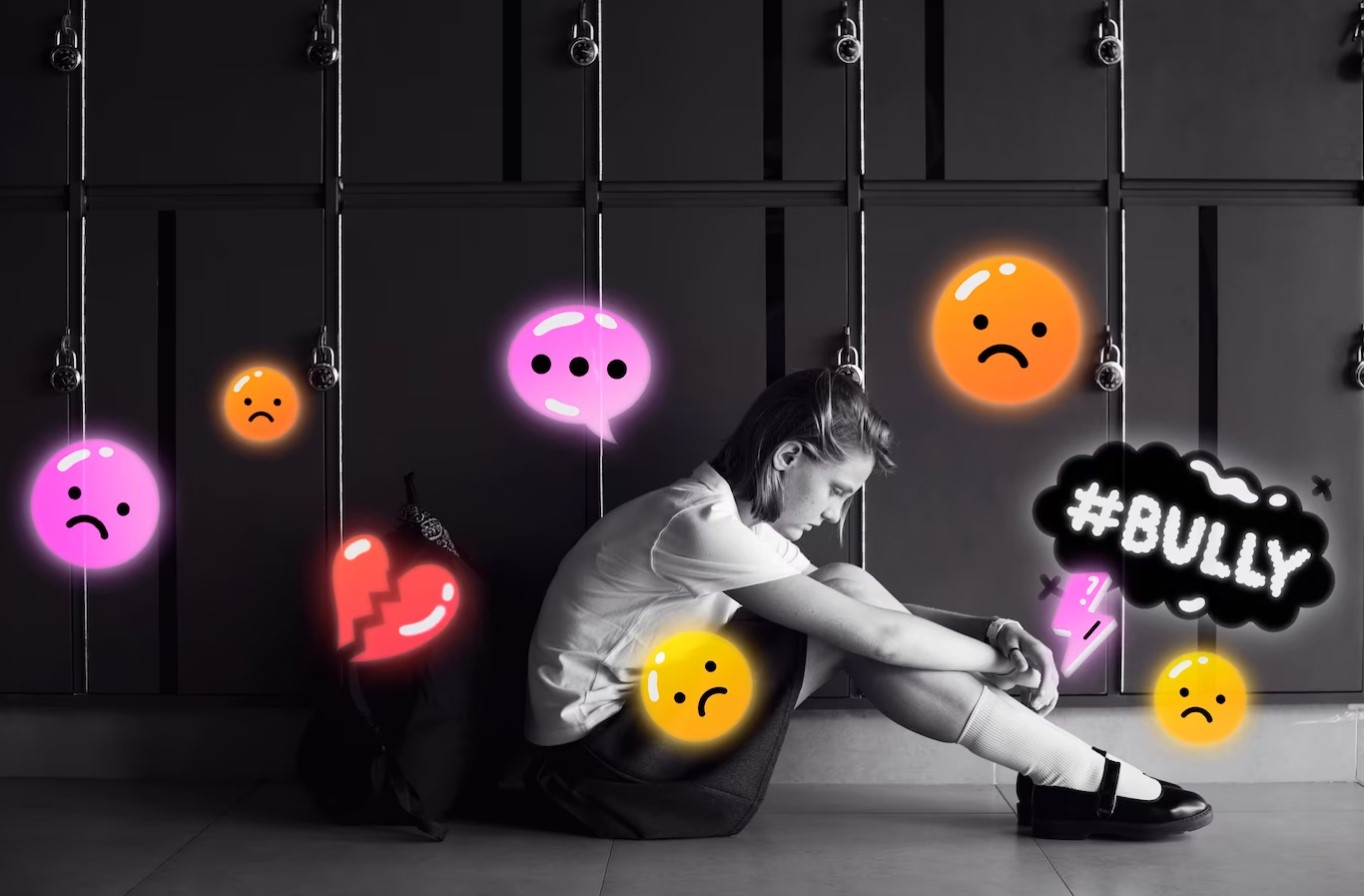TikTok and Mental Health: Exploring the Positive and Negative Impacts
TikTok, the short-form video platform, has taken the world by storm. But beyond the catchy tunes and viral dances lies a complex relationship with mental health. This article explores both sides of the coin, examining how TikTok can be a source of inspiration, community, and creative expression, while also acknowledging the potential pitfalls of excessive consumption and unrealistic portrayals.
Understanding Mental Health
Mental health encompasses our emotional, psychological, and social well-being. It’s not merely the absence of mental illness but rather the presence of positive characteristics like resilience and coping skills. Our mental health affects how we think, feel, and behave in various situations, shaping our interactions with the world around us.
Maintaining good mental health is crucial for overall well-being and quality of life. It allows us to navigate life’s challenges, build healthy relationships, and fulfill our potential. Just as we prioritize physical health through exercise and nutrition, caring for our mental health involves practices like self-care, stress management, and seeking support when needed.
In today’s fast-paced world, where stressors abound and societal pressures can take a toll, understanding and prioritizing mental health is more important than ever. By recognizing the significance of mental well-being and fostering open conversations about it, we can create a supportive environment where everyone can thrive.
Positive Impacts of TikTok on Mental Health
TikTok, despite its criticisms, has emerged as a source of positivity for many users. Here are some ways in which the platform contributes to mental well-being:
- Community Support and Solidarity
- TikTok fosters a sense of belonging and connection among its users.
- Through shared interests and experiences, individuals find support and empathy within the community.
- Users can join niche communities that celebrate diversity and inclusivity, promoting a sense of acceptance and understanding.
- Creative Expression and Self-Discovery
- The platform provides a space for users to express themselves creatively through videos, music, and storytelling.
- From dance challenges to DIY tutorials, TikTok encourages experimentation and exploration of new interests.
- Engaging in creative activities boosts self-esteem and promotes self-discovery, empowering users to embrace their unique identities.
- Educational Content on Mental Health Awareness
- TikTok hosts a wealth of educational content on mental health topics, ranging from coping strategies to destigmatizing discussions about mental illness.
- Creators share personal experiences and insights, fostering a sense of empathy and understanding within the community.
- By raising awareness and providing resources, TikTok plays a role in promoting mental health literacy and supporting those in need.
In addition to these positive impacts, TikTok also serves as a platform for users to connect with mental health professionals and advocates, further enhancing access to support and resources.
Negative Impacts of TikTok on Mental Health
While TikTok offers numerous benefits, it also comes with potential negative impacts on mental well-being. Here are some of the challenges associated with the platform:
- Comparison and Self-Esteem Issues
- Users may feel pressure to conform to unrealistic beauty standards or lifestyles portrayed on TikTok.
- Constant exposure to curated content can lead to feelings of inadequacy and low self-esteem.
- Comparing oneself to others’ highlight reels may contribute to a distorted perception of reality and diminished self-worth.
- Cyberbullying and Harassment
- The anonymity of TikTok can embolden individuals to engage in cyberbullying and harassment.
- Users may experience hurtful comments, trolling, or targeted attacks, causing emotional distress and trauma.
- Cyberbullying incidents on TikTok can have long-lasting effects on mental health, leading to anxiety, depression, and even suicidal ideation.
- Overconsumption and Addiction
- The addictive nature of TikTok’s algorithm keeps users scrolling endlessly, leading to overconsumption of content.
- Excessive time spent on the platform can interfere with daily activities, relationships, and sleep patterns.
- Users may struggle to disconnect from TikTok, experiencing withdrawal symptoms and cravings for constant validation and engagement.
- Misinformation and Triggering Content
- TikTok’s vast content library includes misinformation about mental health, perpetuating harmful stereotypes and myths.
- Triggering content, such as graphic imagery or triggering topics, may inadvertently expose vulnerable users to distressing experiences.
- Without proper content moderation and trigger warnings, TikTok can exacerbate existing mental health conditions and trigger episodes of anxiety or PTSD.
Navigating these negative impacts requires awareness, self-regulation, and support from both the TikTok community and mental health professionals. By addressing these challenges head-on, TikTok can evolve into a safer and more inclusive platform for all users.
Balancing the Effects
To navigate the effects of TikTok on mental health, it’s essential to strike a balance between engagement and self-care. Consider the following strategies:
| Strategy | Description | Benefits |
| Setting Boundaries | Establish clear limits on TikTok usage, including designated screen-free times and daily time limits. | Reduces overconsumption and promotes healthier screen habits. |
| Practicing Mindful Engagement | Be intentional about the content you consume and engage with on TikTok. Focus on uplifting and informative content. | Cultivates a positive digital environment and minimizes exposure to harmful content. |
| Seeking Professional Support | Don’t hesitate to reach out to mental health professionals or support groups if TikTok use begins to negatively impact your well-being. | Provides personalized guidance and resources for managing mental health challenges related to TikTok use. |
In addition to these strategies, it’s crucial to prioritize self-awareness and self-reflection. Pay attention to how TikTok affects your mood, behavior, and overall well-being, and make adjustments accordingly. By taking proactive steps to balance the effects of TikTok, you can enjoy the platform’s benefits while safeguarding your mental health.
Case Studies: Success Stories and Challenges
Exploring real-life experiences can provide valuable insights into the impact of TikTok on mental health. Here are two categories of case studies:
Success Stories
Success stories highlight instances where TikTok has positively influenced mental well-being:
-
- Inspiring Transformations: Individuals share stories of personal growth and resilience achieved through TikTok, such as overcoming obstacles or embracing self-acceptance.
- Community Support: Users discuss how connecting with like-minded individuals on TikTok has provided them with a sense of belonging and support during difficult times.
- Educational Journey: Creators showcase their journey towards mental health awareness and self-improvement, inspiring others to seek help and resources.
Challenges and Resolutions
These case studies shed light on the negative experiences and challenges associated with TikTok:
-
- Cyberbullying Incidents: Users recount encounters with cyberbullying or harassment on TikTok and share strategies for coping and seeking support.
- Addiction and Overconsumption: Individuals discuss their struggles with TikTok addiction and the steps taken to regain control over their screen time and mental well-being.
- Triggering Content: Users share experiences of encountering triggering content on TikTok and how they navigated the emotional impact, including seeking professional help and utilizing content filters.
By examining these case studies, users can gain a deeper understanding of the complex interplay between TikTok and mental health and learn from both positive and challenging experiences.
Conclusion
In conclusion, TikTok’s impact on mental health is multifaceted, encompassing both positive and negative aspects. While the platform offers opportunities for creative expression, community support, and mental health education, it also presents challenges such as comparison, cyberbullying, and addiction. As users, it’s essential to approach TikTok mindfully, recognizing its potential effects on our well-being and implementing strategies to mitigate negative outcomes.
Moving forward, fostering a culture of empathy, authenticity, and responsible digital citizenship is paramount. By promoting positive interactions, supporting those in need, and advocating for mental health awareness, we can harness the power of TikTok for collective well-being. Ultimately, striking a balance between engagement and self-care is key to maximizing the benefits of TikTok while safeguarding our mental health.

